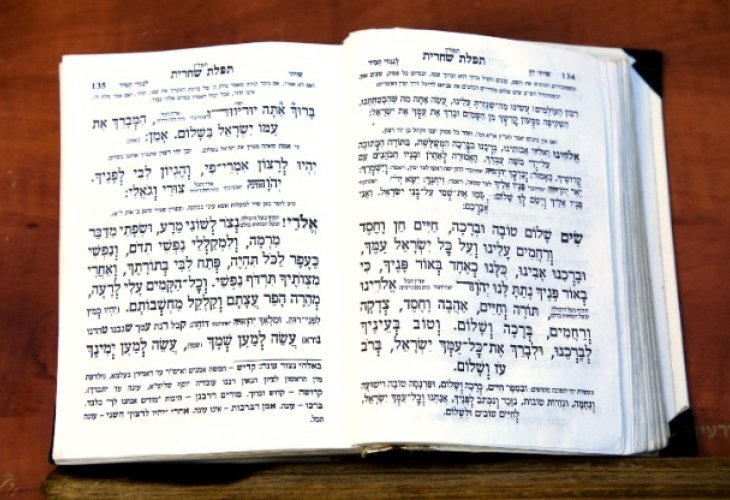Facts in Judaism
Blessings in Jewish Life: More Than Just Words
How Everyday Berachot (Blessings) Connect Us to the Divine and Shape Our World

A beracha (blessing) is a short prayer recited at various moments in time, like before fulfilling a mitzvah, on special occasions, and before and after eating, among other things. Blessings are among the seven rabbinic mitzvot added to the 613 biblical commandments. They are categorized into different types: berachot ha'nehenin (blessings of enjoyment), recited over sensory pleasures like food or fragrances; berachot hamitzvot (mitzvah blessings), recited before performing a commandment; and blessings of praise, gratitude, and petition, such as the morning blessings, the Amidah prayer, and HaGomel (blessing of gratitude). All share a common opening: “Baruch Atah Hashem...” (Blessed are You, Hashem...).
There is another genre of blessings as well, which includes Hashem's blessing to humans and animals at Creation, as well as the command for the Kohanim (priests) to bless the people of Israel with the Priestly Blessing. This type of blessing reflects the power of human speech to positively influence reality. As the Sefer HaChinuch writes: “Since the speaking soul in man is a Divine element, ‘He breathed into his nostrils the breath of life,’ which Onkelos translates as a ‘speaking spirit,' it contains great power to affect even what is outside itself.”
Why We Bless
The Torah itself directly commands blessings only in one case, after eating: “You shall eat, be satisfied, and bless Hashem your God” (Deuteronomy 8:10). All other blessings are of rabbinic origin, instituted by Ezra the Scribe and the Men of the Great Assembly. Even the blessings that are predicated on Torah law were actually formulated by the Sages.
Blessings over enjoyment are based on the principle that one may not benefit from this world without acknowledging Hashem. Two classic interpretations explain the deeper meaning of a beracha. According to Sefer HaChinuch, a blessing is a form of praise by the created being, expressing gratitude for the greatness of the Creator. The Rashba understands that the word beracha is rooted in the term bereicha, a spring or source. Thus, when a person blesses, they draw Divine abundance into the world. Maimonides adds that the purpose of blessings is “to always remember the Creator and develop awe of Him.”
A Hundred Blessings a Day
On the verse “What does Hashem your God ask of you?” (Deuteronomy 10:12), the Talmud interprets: “Do not read ‘what’ ('mah' in Hebrew) but ‘a hundred’ ('me'ah' in Hebrew)”—teaching that a person should recite at least 100 blessings every day. This decree is attributed to King David, in response to a deadly plague in his time (Menachot 43b).
On weekdays, this goal is easily met, as the standard prayer services account for about ninety blessings, with the rest supplemented through food and other blessings of enjoyment. On Shabbat, when the Amidah prayer includes only seven blessings per service, reaching the daily goal requires additional blessings over foods and fragrances. On Yom Kippur, when fasting prevents blessings over food, one can complete the total through a variety of berachot over spices and by fulfilling the obligation through the blessings recited aloud by the cantor.

